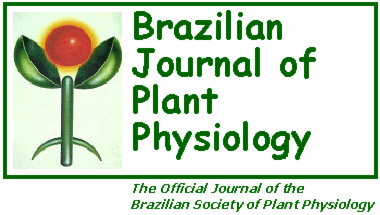Guava (Psidium guajava L.) is a tropical fruit exhibiting rapid post-harvest ripening. However, the physiological basis involved in the ripening process of guava is not totally clear, which makes it difficult to develop technologies to enhance fruit storability. Two experiments were carried out with the objective of determining the ripening behavior of 'Pedro Sato' guavas. In the first experiment, guava fruits at three maturity stages (I - dark green, II - light green and III - yellow-green) were stored at room temperature (23 ± 1°C and 85 ± 5 % RH). The respiratory rate, ethylene production, pulp and skin colours, and firmness were evaluated. In the second experiment, ethylene and 1-methylcyclopropene (1-MCP) were applied to guavas at the light green maturity stage and the ripening behaviour during storage at room temperature was studied. Fruits from all maturity stages showed a gradual increase in the respiratory rate and ethylene production. The intense changes in pulp and skin colours and in firmness preceded the maximum respiratory rate and ethylene production. 1-MCP reduced the rate of ripening, while the application of ethylene did not promote this process. These results do not permit the classification of 'Pedro Sato' guava as a traditional climacteric fruit.
Psidium guajava; ethylene; 1-methylcyclopropene; respiration










